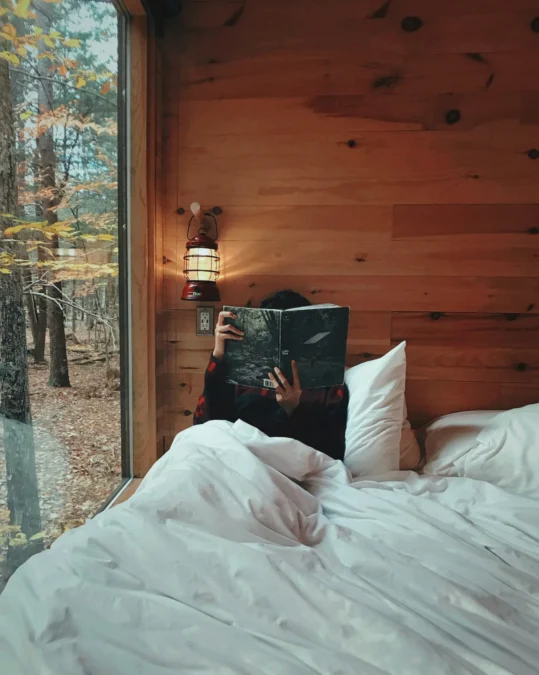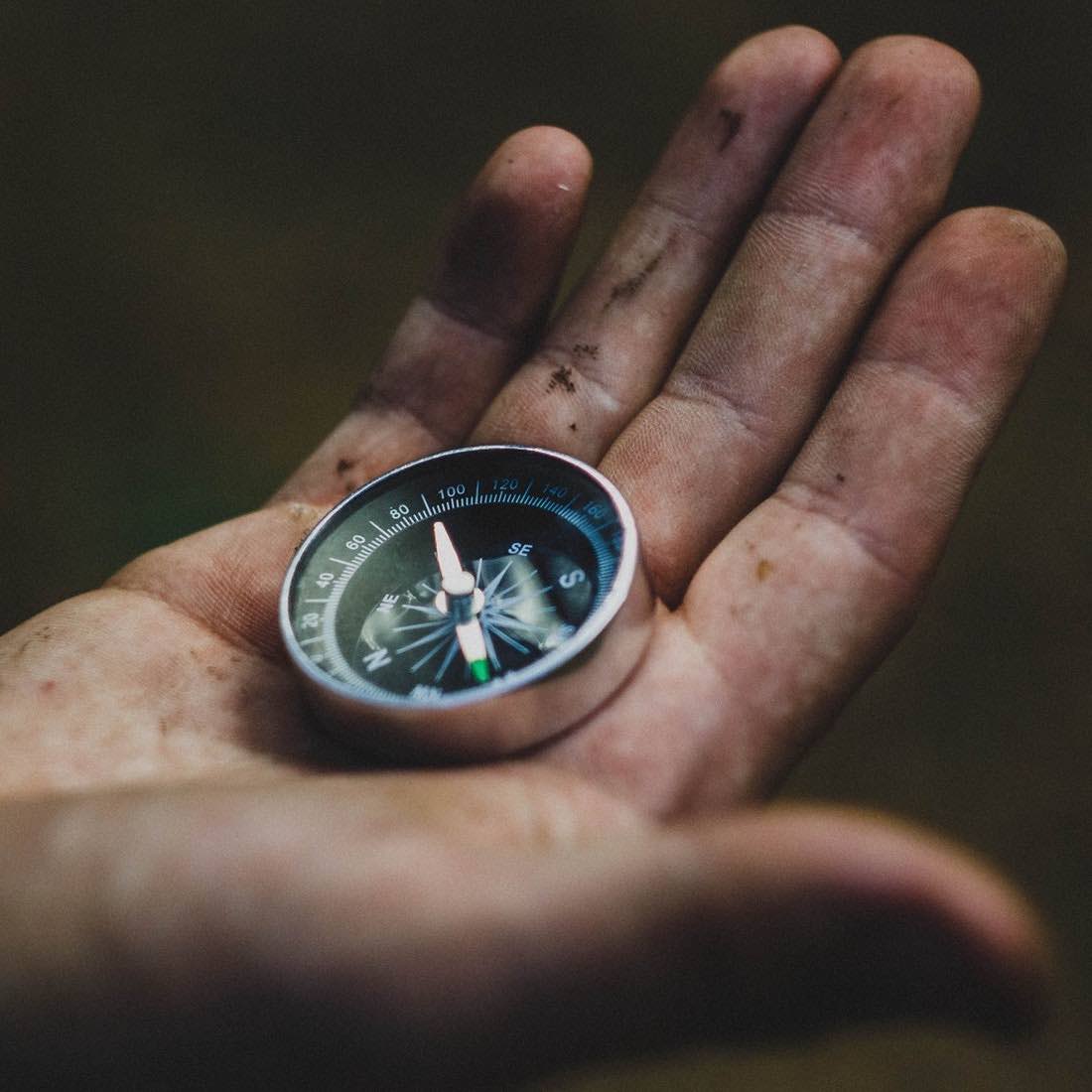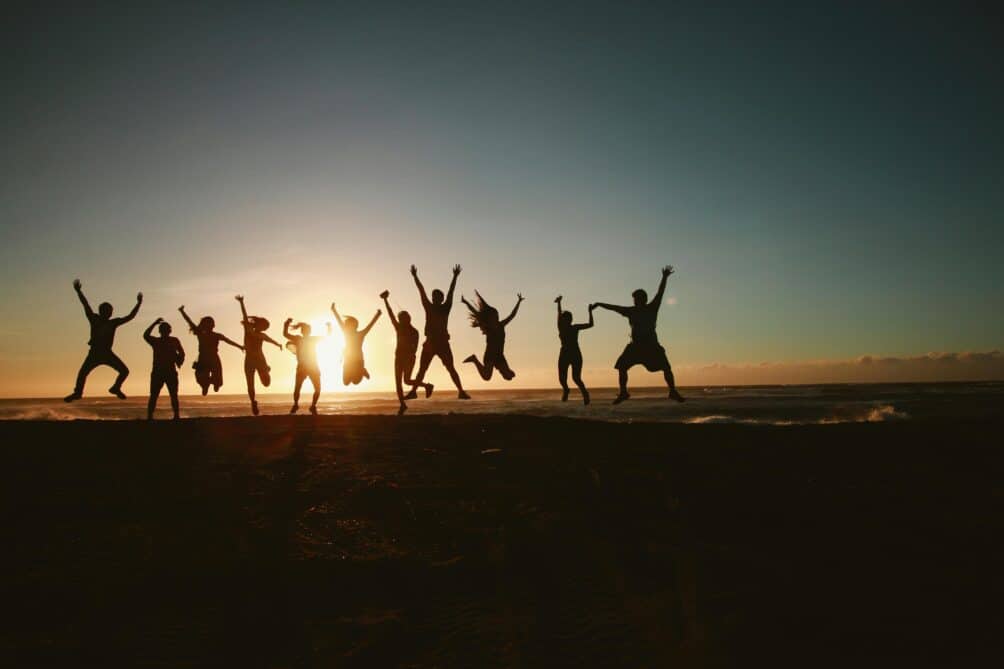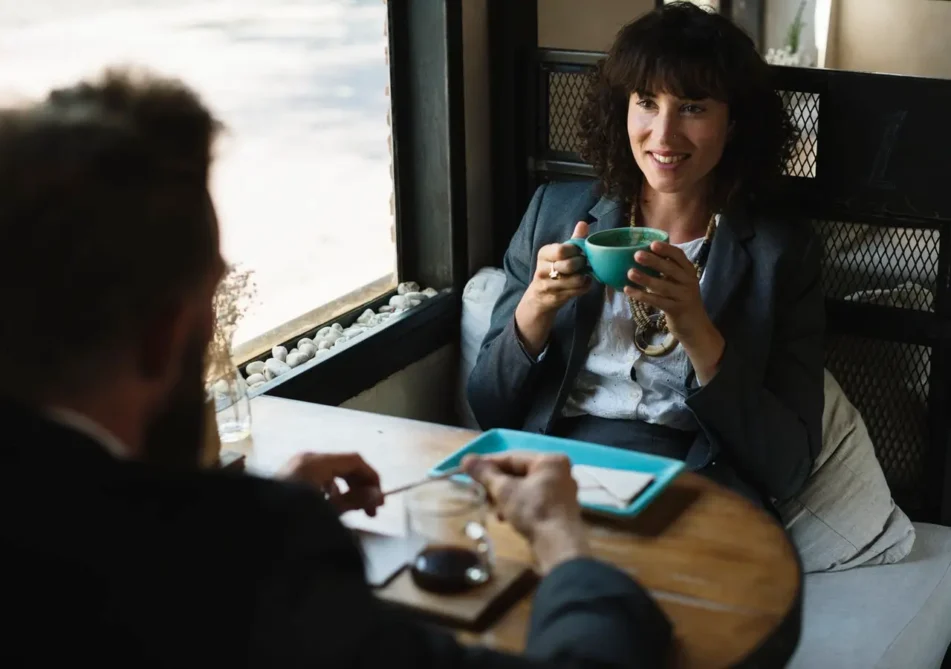Morning routine: It’s less about getting up early; it’s more about getting to bed on time
It does not matter how well-intentioned you are, what killer morning routine you are following or how early you wake up; if you are overly tired you are not going to be more productive and creative. You may even be doing yourself harm.
Particularly at the moment, with the threat of COVID 19, we all need strong immune systems and the ability to repair our bodies effectively. Therefore whatever morning routine you choose, make sure it is not impacting on quality sleep or you are adopting early wake-ups for the wrong reasons.
Are you tough enough?
I started my career in the military and I am a parent so I have had my fair (or unfair) share of early mornings and sleep deprivation. There is something to be said for learning how to manage your body — and your emotions — when you are tired but there is a danger that having just a few hours of sleep becomes a badge of honour. This is a dangerous culture.
Stories of entrepreneurs, politicians and other influencers who claim they can get by on just a few hours of sleep a night do not help. There is a lot to learn from such people and their routines, but when it comes to sleep, you have to look at the science.
Free Personal Leadership Action Plan
Just sign up here to receive your free copy
The effects of lack of sleep on our thinking
Even just one night of reduced sleep impairs our decision-making and response times. One well-known example is that driving a vehicle when tired is equivalent to drunk driving (Williamson and Feyer). But that impairment caused by lack of sleep affects all our reasoning. Simple fact: you are likely to make worse decisions if you are tired. I am sure we can all think of personal examples!
And it is not just the speed of our cognition; it is the quality of our thinking too. We are far less creative if we are tired. This is partly due to the fact that sleeping aids our creativity, as the cycles of REM and NREM sleep (Drago, Foster et al) help the processing of our data and allow new experimental connections for that information (hence crazy dreams!). Dreaming causes a powerful creative boost, particularly if you can have lucid dreams, the dreams where you are aware of your dream and can change aspects of the dream (Zink, Pietrowsky).
We also struggle to learn new information or recall old data when we are tired. Did I pay any attention to this as a student? No! I have had the terrifying experience of late-night revision followed by not being able to recall anything in an exam the next day. That still gives me nightmares! So learn from my mistakes and note, that late-night cramming sessions are likely to be counter-productive (Curcio, Ferrara, Gennaro) and being half-asleep during lessons will not help you get the grades you want.
“Some people talk in their sleep. Lecturers talk while other people sleep”
Albert Camus
The impact of sleep deprivation on health
A lack of sleep immediately starts to impact your immune system but the impact compounds if you continue not having enough sleep over longer periods of time (Bryant, Trinder, Curtis).
Continually having less sleep than the body needs is classed as chronic sleep deprivation. The crazy thing is that many jobs, for example, anything with a long day and night shift work (Berger and Hobbs) can induce chronic sleep deprivation. If you choose an early morning routine without enough rest then you are in danger of developing the same chronic condition.
There is increasing evidence that this lack of quality sleep is linked to longer-term physical and mental health issues such as developing Type 2 diabetes or Alzheimer’s disease (Carmen).
Therefore we should all be concerned about getting quality sleep and reducing the times when we have fewer hours to rest, or our sleep is interrupted.
How much sleep do you need?
“The amount of sleep required by the average person is five minutes more.”
Playwright Wilson Mizner, quoted in The Philadelphia Inquirer
The simple fact is: we need sleep and if you don’t sleep you will eventually die. However, you can survive on small amounts of sleep for a very long time. This is an important survival adaptation. It is amazing what the body can do when we need to push it. Those who have sailed solo around the world can testify to this, but equally few of those sailors would recommend the same sleeping regimen when they are ashore. Therefore being able to operate with minimal sleep is a useful survival mechanism but not a good modus operandi.
The general recommendation is that you need 7–9 hours of sleep a night (Chaput, Dutil, Sampasa-Kanyinga). If you think you are an exception to that rule then think again. There have been studies showing some people who genetically need slightly less (or slightly more) sleep but these are a tiny proportion of the population and this abnormality is generally bad for life expectancy anyway (Bushey, Tononi, Cirelli) so it may be something to get medical advice on, rather than to boast about.
So not getting enough sleep is literally burning the candle at both ends. Being awake too much and asleep too little reduces your life expectancy. So what can we do about it? We can ensure a good evening routine for starters, and that is what we will look at next.
Leadership Development: Master the Top Leadership and Life Skills
Better lead in life and work to maximise your success. Sign up and access materials for free!
There is still a lot to be said for having a good morning routine
For the record, I generally get up reasonably but not crazily early (around 6 am). I like to have time for reflection, light exercise and a healthy breakfast before I get into my working day. This routine is frequently interrupted (see earlier note reference children) but the success of my morning routine, and my day, is largely dependent upon the quality of my rest.
Therefore it is the evening routine that ensures a successful morning routine.
Here are some guidelines for developing a good night routine, as recommended by Matthew Walker in his excellent book Why We Sleep.
Set an alarm to go to bed, not one to get up
I don’t actually set an alarm but I do watch the clock and get into bed on time. That way I can wake up naturally. It is very rare that I set an alarm unless I have some crazy early flight to catch or some other abnormal, occasional event, like setting off to climb a mountain while the snow bridges on the glaziers are still frozen solid. So you get the idea, that alarms in the morning are best not to be an everyday occurrence.
Don’t watch screens late
It was not that long ago when having a TV in your house, let alone your room was seen as a real luxury (speak to your parents!). Now, with our phones, tablets, computers and more besides, it does not matter where we go, a diverting moving image is just a swipe away. The problem is that the blue light given off by our devices plays havoc with our sleep.
Watching a screen suppresses the production of melatonin, our sleep hormone. Therefore watching something when you are tired, or just before sleeping (or if you wake up in the night), will make it harder to sleep. Better to read a book, listen to relaxing music, or write in your journal.
Don’t eat late
There are plenty of dieting and fasting routines out there too but quite simply, if you give yourself ample time to digest every night you will put on less weight and sleep better (Truong).
Ideally, I like to eat my dinner before 7 pm which then gives about 12-14 hours before breakfast. This is a good amount of time to reset your system as it is in itself a mini-fasting period.
And don’t snack just before you go to sleep, you should ideally have a couple of hours between eating and sleeping. The challenge is that in the modern world, we only have to reach out our arms to get a snack, whether that is at home, at the office or out and about in the city.
This is where the discipline comes in. It is very hard to overcome the biologically hard-wired urges to snack when there is food available, and that it just what snack and fast food sellers make their money from.
Be strong!
Have a good dinner and then wait until breakfast. You will feel better for it. For me, that means reducing the ‘bad’ snack food in the house. I know I will give in to the temptation if it is in the cupboard!
Don’t drink alcohol late
The idea of a nightcap is not a good one. Alcohol helps you feel sleepy but it actually erodes the quality of your rest (Roehrs, Roth). The more alcohol in the system the greater the impact, therefore it is best to avoid having a drink close to bedtime. I wish that Malt Whisky was a good sleep tonic but unfortunately, the science says otherwise.
Don’t have too much caffeine
Reduce the amount of caffeine you consume, especially after midday. I love coffee (and would go as far as saying as having that I have a deep, meaningful, long-term, committed relationship with coffee) but I try to limit myself to two cups in the morning.
In the afternoon I swap to tea or various sorts. Being English, I must have a cup of proper tea around 4 pm. Later in the evening, I aim to have non-caffeinated drinks such as mint tea or hot water with lemon and ginger.
So should I get up early or not?
There is no problem with getting up early, if you have had enough quality sleep. Therefore if you want a productive morning routine then make sure you develop a good evening routine.
There is loads more to read on this subject. As a starting point check out the references below but if you want to read one good book on the subject then I definitely recommend Why We Sleep. It is this book that prompted my change in approach to my morning and evening routines.
“There is a time for many words, and there is also a time for sleep.”
Homer, The Odyssey
References:
Williamson and Feyer, Moderate sleep deprivation produces impairments in cognitive and motor performance equivalent to legally prescribed levels of alcohol intoxication
Drago, Foster et al, Cyclic alternating pattern in sleep and its relationship to creativity
Zink, Pietrowsky, Relationship between Lucid Dreaming, Creativity and Dream Characteristics
Curcio, Ferrara, Gennaro, Sleep loss, learning capacity and academic performance
Bryant, Trinder, Curtis, Sick and tired: does sleep have a vital role in the immune system?
Berger and Hobbs, Impact of Shift Work on the Health and Safety of Nurses and Patients
Editor, The Diabetes Community Diabetes and Sleep
Carmen, Deep sleep may be the key to prevent Alzheimer’s disease
Chaput, Dutil, Sampasa-Kanyinga, Sleeping hours: what is the ideal number and how does age impact this?
Bushey, Tononi, Cirelli, The Drosophila Fragile X Mental Retardation Gene Regulates Sleep Need
Walker, M, ‘Why we sleep’
Roehrs, Roth, Sleep, Sleepiness, and Alcohol Use
Truong, Weight Loss and Sleep




